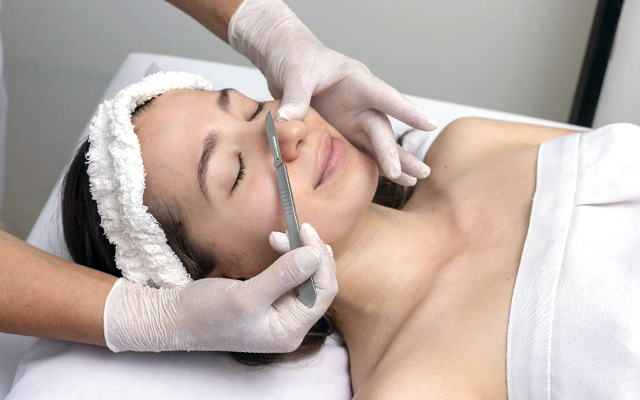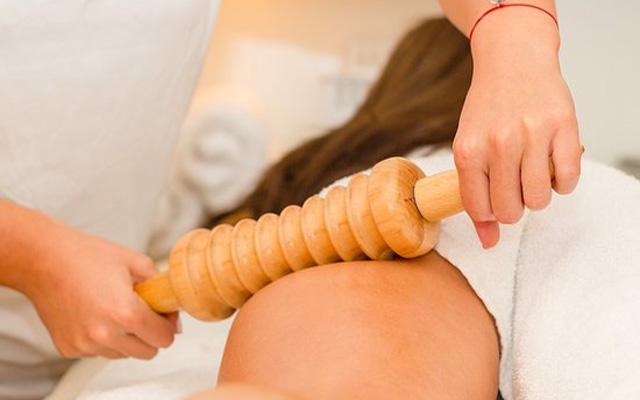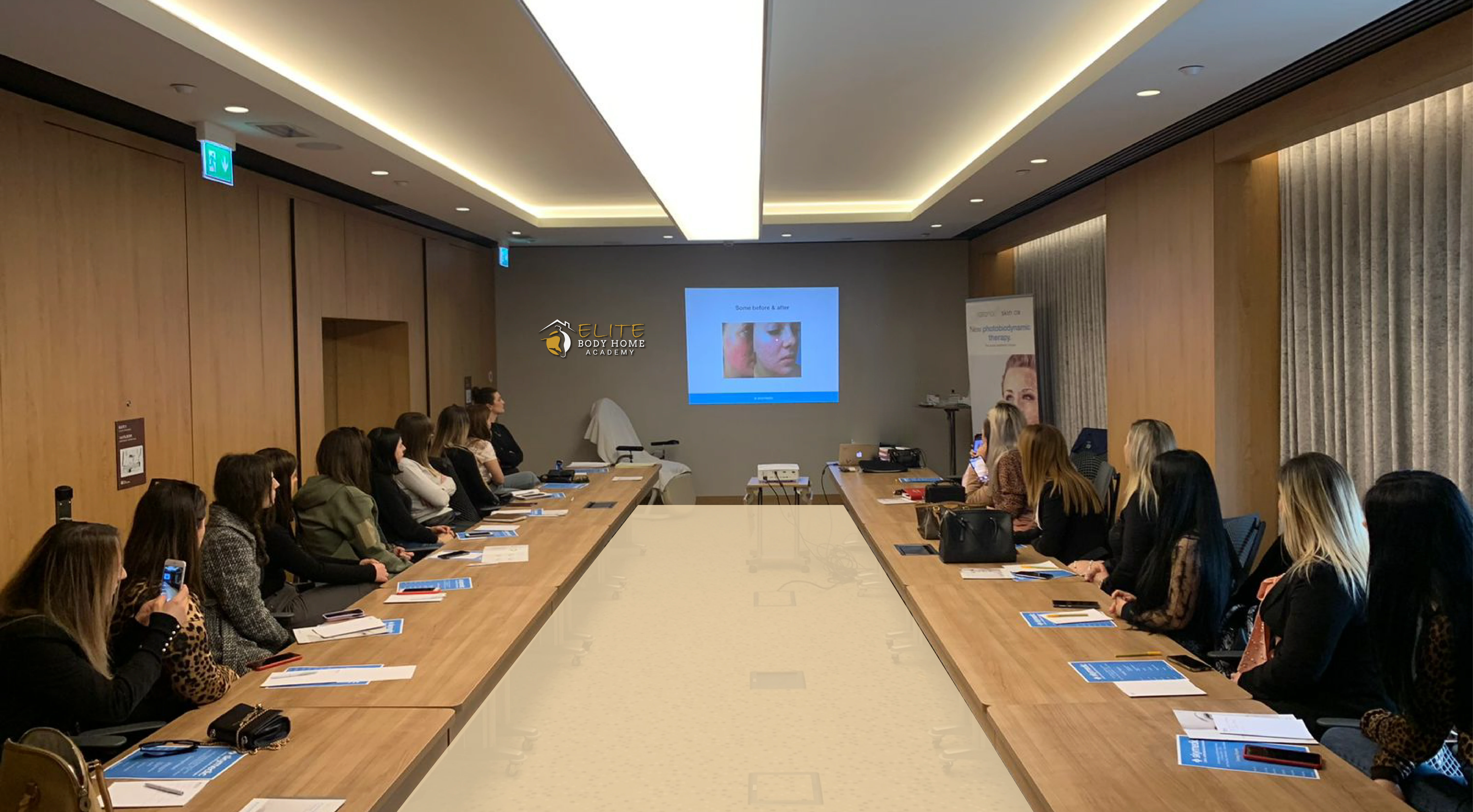
BRIDGING THEORY WITH PRACTICE
Your Pathway to Success in Beauty & Aesthetics
Welcome to EBH Academy
EBH Academy empowers aspiring professionals to build successful careers in aesthetics and wellness. Based in Dubai, our courses in beauty therapy, facials, massages, and more are led by experienced industry experts. We bridge the gap between theory and practice through hands-on training in our in-house clinic, preparing you for real-world success. Our programs are internationally and locally accredited, with attendance certificates attested by KHDA, DHA, IAO, and CIDESCO Switzerland — setting you firmly on the path to achieving your dreams in this thriving industry.

Why Our Clinical Learning Environment is the Best Choice for Aspiring Students?
At EBH Academy, we believe that the future of healthcare hinges on the quality of education that our students receive. Our clinical learning environment stands at the forefront of aesthetic education, providing an immersive, dynamic, and hands-on experience that is unparalleled in its ability to prepare students for real-world clinical practice. Here's why our live clinical learning environment is the best pathway to a successful career in healthcare industry.

Popular Courses
Why EBH Academy ?




Our Accreditations
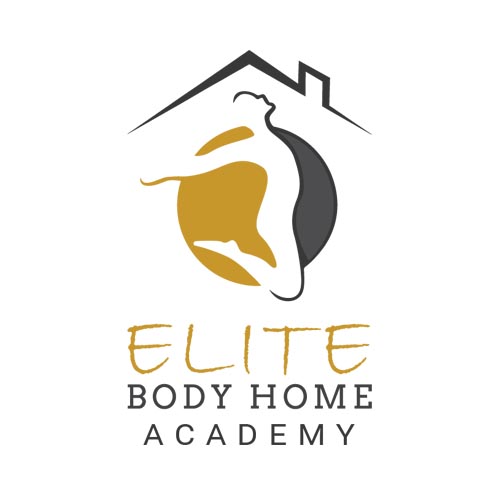
Elite Certificate

Attendance certificates are attested by KHDA

DHA License
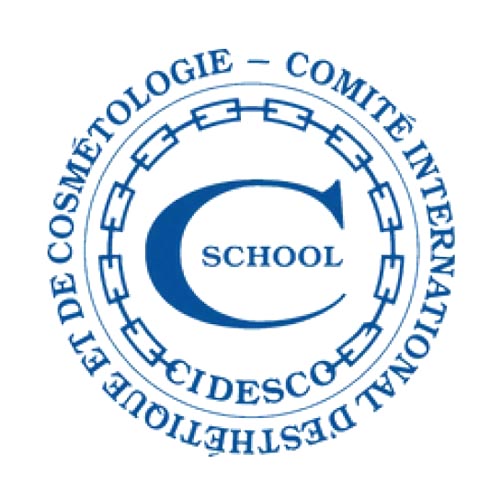
CIDESCO Diploma
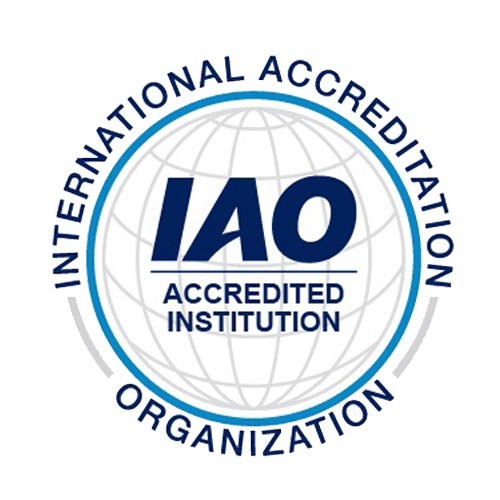

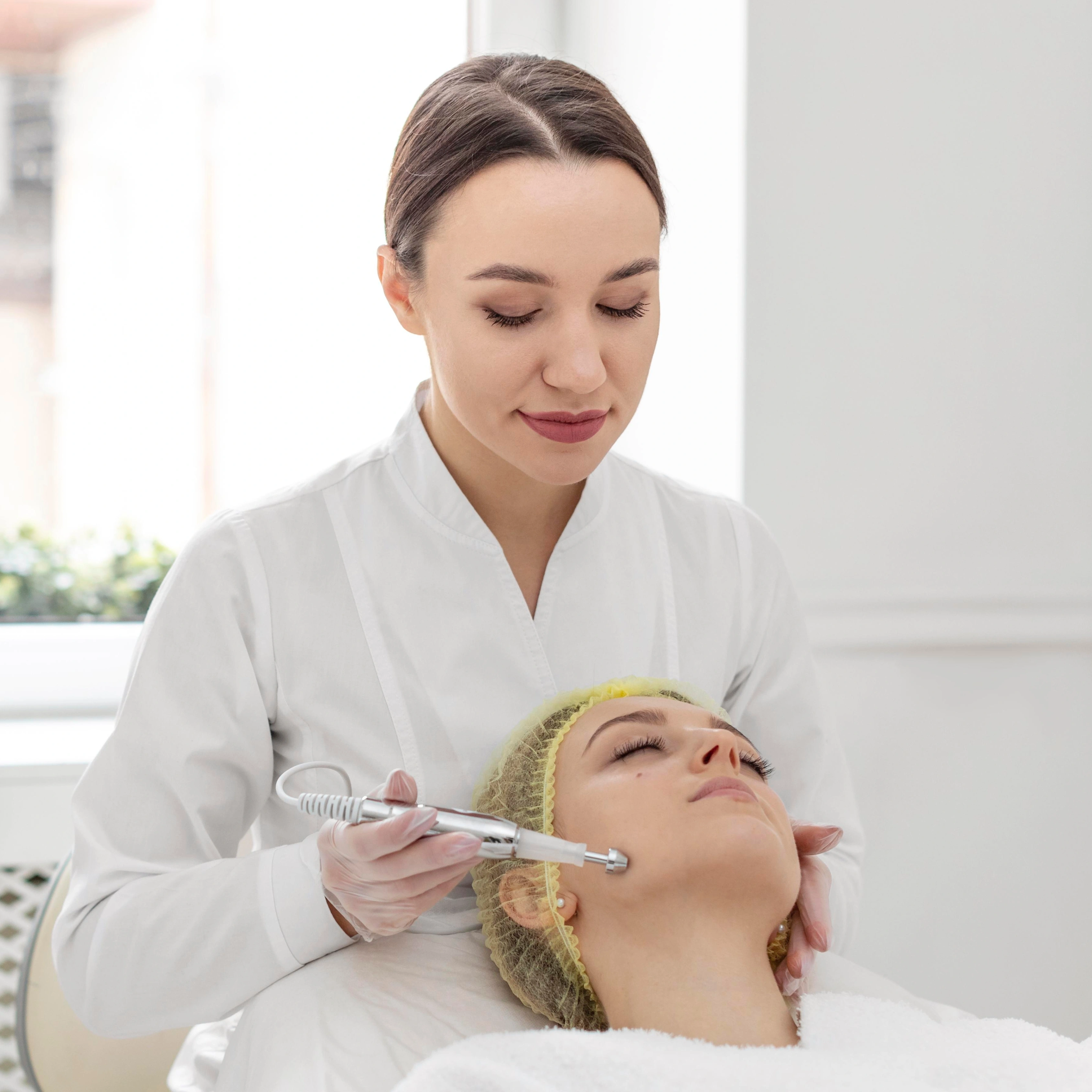




.webp)
